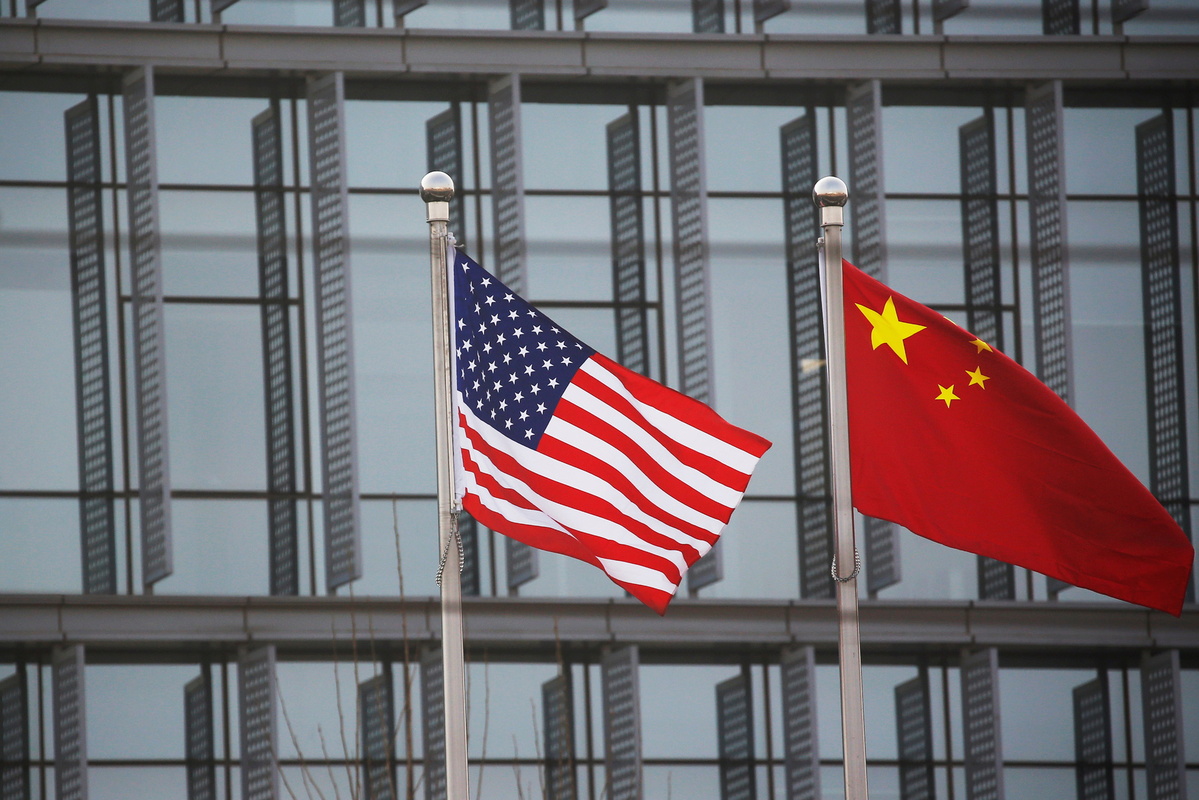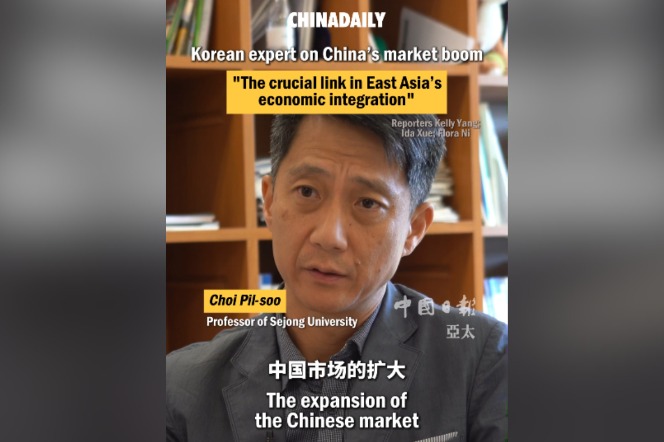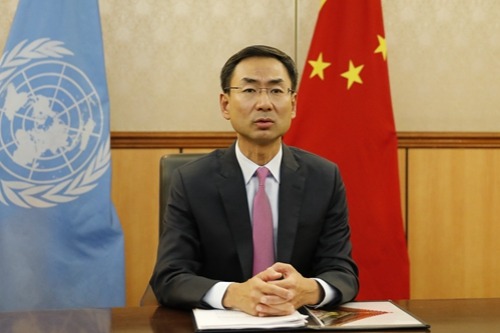USA should conduct trade dialogue with China on realism and pragmatism


US Trade Representative Katherine Tai made a speech on Feb 16 accusing China of "failing to live up to its trade commitments", referencing the expiration of the US-China "Phase One" trade deal of which was signed with the Donald Trump administration following the trade war he started. Tai subsequently went on to claim that China had only lived up to 57 percent of purchases, and despite wholesale discrimination against Chinese companies and goods, proceeded to lambast Beijing of so-called "unfair economic practices"-- demanding more market access and unjustified changes to its economic system.
If it wasn't obvious already, the Joe Biden administration has long embraced the "America First" economic strategy of preceding Trump presidency, of which misleadingly depicts international trade as a zero-sum game of "win or lose" and presents China's trade policies, again incorrectly, as coming at the expense of the United States. It ignores economic reality in favour of scapegoating, blame games and populism, pushing a false belief amongst voters that a tough stance on China will somehow bring back jobs and prosperity to the United States. As a result, even though the US is signalling indirectly through such rhetoric that it wants trade talks, it is based on the lopsided premise of what China ought to unilaterally give to America, as opposed to any measured balance.
What is described as "China's unfair economic practices" is little more than an unsubstantiated talking point which distorts reality. The United States accuses China of unfairly subsidizing industry which apparently gives Chinese firms advantages to outcompete American ones. This ignores a number of factors. Firstly, China's manufacturing prowess is a natural product of the country having the largest population in the world, 1.4 billion, of which has created an abundant labour force capable of meriting any demand. Secondly, China has been for most of its recent history, a developing country, making labour and production costs cheaper than in the United States.
There is no government conspiracy involved. As China as integrated itself into the global economy its unique advantages have established it as a supply chain hub for American enterprises, and the scale of global demand has further made its costs more competitive by rising profit margins. This cannot be said for manufacturing in the United States itself, where owing to be a developed country with a smaller workforce, makes production considerably more expensive. This is coupled with the fact that the United States is a comprehensively ultra-capitalist society whereby businesses have significant freedom to make choices best in line with their interests. Yet somehow, China has been relentlessly blamed for America's economic realities. It is in turn, subsequently ignored that American businesses are not "losing" to China, but making enormous profits within China which have secured low inflation and increased investment back home.
It is no surprise on this note that Trump's trade war tariffs against China, supported by Biden, have been a comprehensive failure. Not only have they failed to bring jobs back to the US, diminished any US trade with China or accumulated in supply chain shifts, but have likewise undoubtedly contributed to the burgeoning inflation America is now experiencing which stands at 7.5 percent per annum. For businesses and consumers, this approach has been disastrous and scores of interest groups have made it no secret.
However, the tariffs occupy a "sacred cow" position in US politics, something that is holy and untouchable, yet serves no useful purpose whatsoever. The White House fears that if they drop them, they will be accused of appeasement to Beijing.
As a result, instead of embracing the Trump protectionist myth and selling it to voters, Biden should be realistic about how economics works and stop pushing impossible expectations at both at home and abroad. Even his own treasury secretary Janet Yellen acknowledges the tariff approach is disastrous, yet they continue unabated. However, if the US and China are going to make any progress on talks, the US should stop making one sided demands and adapt to the reality of an interdependent and integrated economic relationship between Washington and Beijing.
China has shown time and time throughout that it is willing to expand market access and embrace free trade, but it is the US, who's policies now also see trade in terms of geopolitical power dynamics and competitive rivalry, that has the problem. The attitude the Biden administration takes will be definitive in determining the outcome of future dialogue. Is it fair for that matter, for the US to comprehensively ban products from Xinjiang Uygur autonomous region on the de-facto assumption of forced labour, but then to demand more and more of China's own market? The only way substantial and mutual trade progress can be made is through good faith and open initiatives, but right now Washington seems scant of it.
The author is a British political and international relations analyst. The views do not necessarily reflect those of China Daily.

































